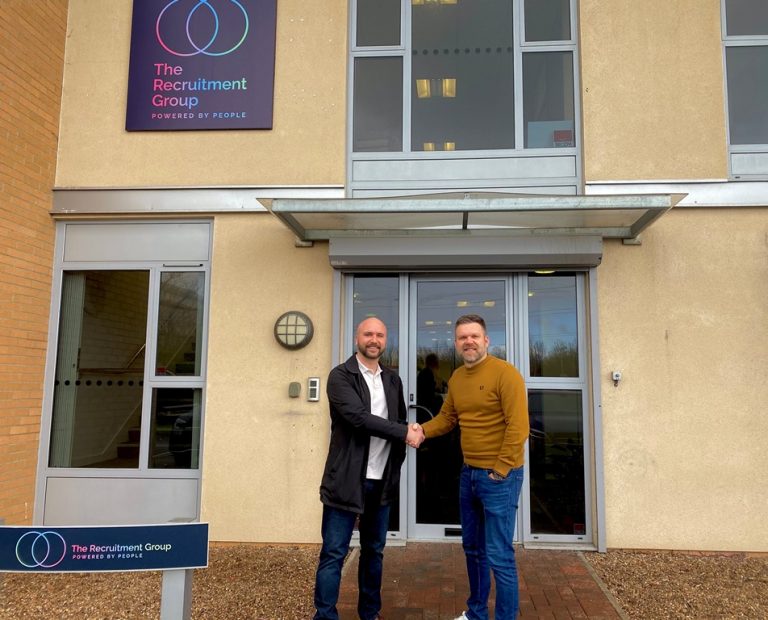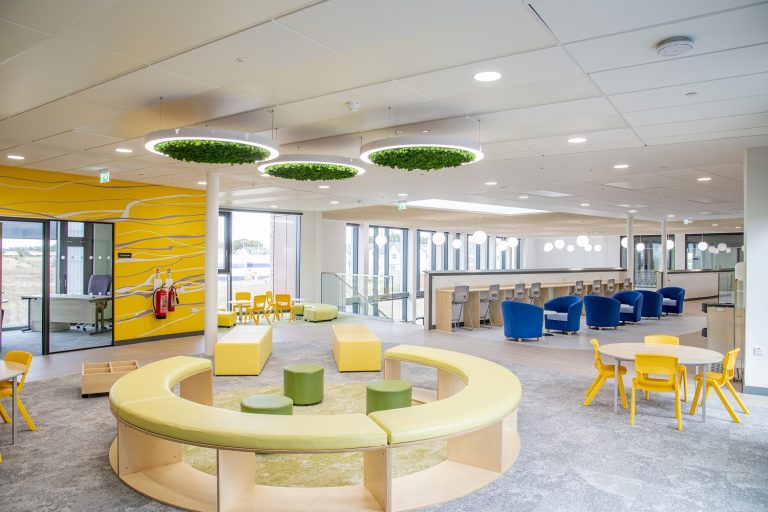As the rise in home working blurs the boundary between work and home lives, it has become easier for people to work while unwell. But should you?
Researchers from Nottingham Trent University studying presenteeism – working while ill – have designed a structured way for employees to consider if they should take time off work due to ill-health.
While presenteeism can exacerbate illnesses and have a detrimental impact on productivity, if it is properly managed it can actually play a positive, therapeutic role in recovery and rehabilitation.
The process to support employees in their decision-making has been created by Dr Zara Whysall, Associate Professor in Business Psychology at Nottingham Business School’s Department of Human Resource Management, postgraduate researcher Huijun (Regen) Chen, and Dr Maria Karanika-Murray, Associate Professor in Occupational Health Psychology at NTU’s School of Social Sciences, who are experts in organisational behaviour and workplace well-being.
Dr Whysall said: “The shift to hybrid and virtual working places even greater onus on individual employees to make the right decisions when balancing health and performance demands, because they’re no longer surrounded by managers and colleagues who might pick up on issues and provide support and advice.
“The most important thing which determines whether going to work while you’re unwell will be beneficial or detrimental to health is making right choice between sickness absence and presenteeism, considering the nature of the illness and your work demands.
“In reality this decision process takes place subconsciously and very rapidly, so making ourselves aware of the possible steps may help us to reflect and become more deliberate in what we decide.”
Here Dr Whysall and Dr Karanika-Murray explain the four-step process that employees can undertake:
- Trigger – What has happened? How badly am I affected?
“People have different thresholds for when ill-health symptoms trigger deliberation over whether to work or take sick leave. For some individuals and some health conditions, the threshold for deliberation may be very low, whereas for others it may be high, and this is likely to be influenced by our emotional states, so this threshold may also change situationally, for instance when we’re experiencing stress,” says Dr Karanika-Murray.
2.
Options – Ask yourself how can you adjust your tasks in terms of what, how, when and how much you do during the working day? What is possible and manageable without it being detrimental to your health?
Dr Whysall explains: “Behavioural science has taught us that when we weigh up our options, we’re unlikely to do this in an entirely rational, objective way. Instead, the options that we consider to be open to us will be biased by various factors such as framing effects. For example, in some organisations it depends on the company culture, how others behave and what leaders say and do. The consequences employees experience after they take sick leave may make employees feel that sickness absence isn’t an option for anything other than the most serious health conditions. In contrast, if a manager recently highlighted the importance of managing work-life balance, this may ‘prime’ sickness absence as a feasible option for a wider range of health issues.”
3.
Evaluation – Once you’ve identified what you consider to be the possible options, move on to what’s desirable, both in relation to your own goals and the expectations of others. What are the perceived benefits and risks, and what do you imagine are the potential consequences of your choice?
Remember not to only prioritise work concerns such as whether your team will feel let down or if your boss won’t promote you. Instead, make sure you also consider related concerns, for example if you take the day off, will you get better faster?
4.
Feedback – reflect on how well your decision served you; was this the right decision? Did it help you achieve your aims?
Dr Karanika-Murray added: “Unfortunately it’s likely that we don’t do enough of this kind of reflection and continue to sacrifice our health for short-term gains such as meeting the latest deadline, not getting behind on our to-do list, and avoiding potential disapproval from our manager. But feedback, through reflection, is essential to help us adapt our behaviour and learn how to make decisions that work for us over the longer-term too.”
Watch Dr Zara Whysall explain the research
in this video.






















